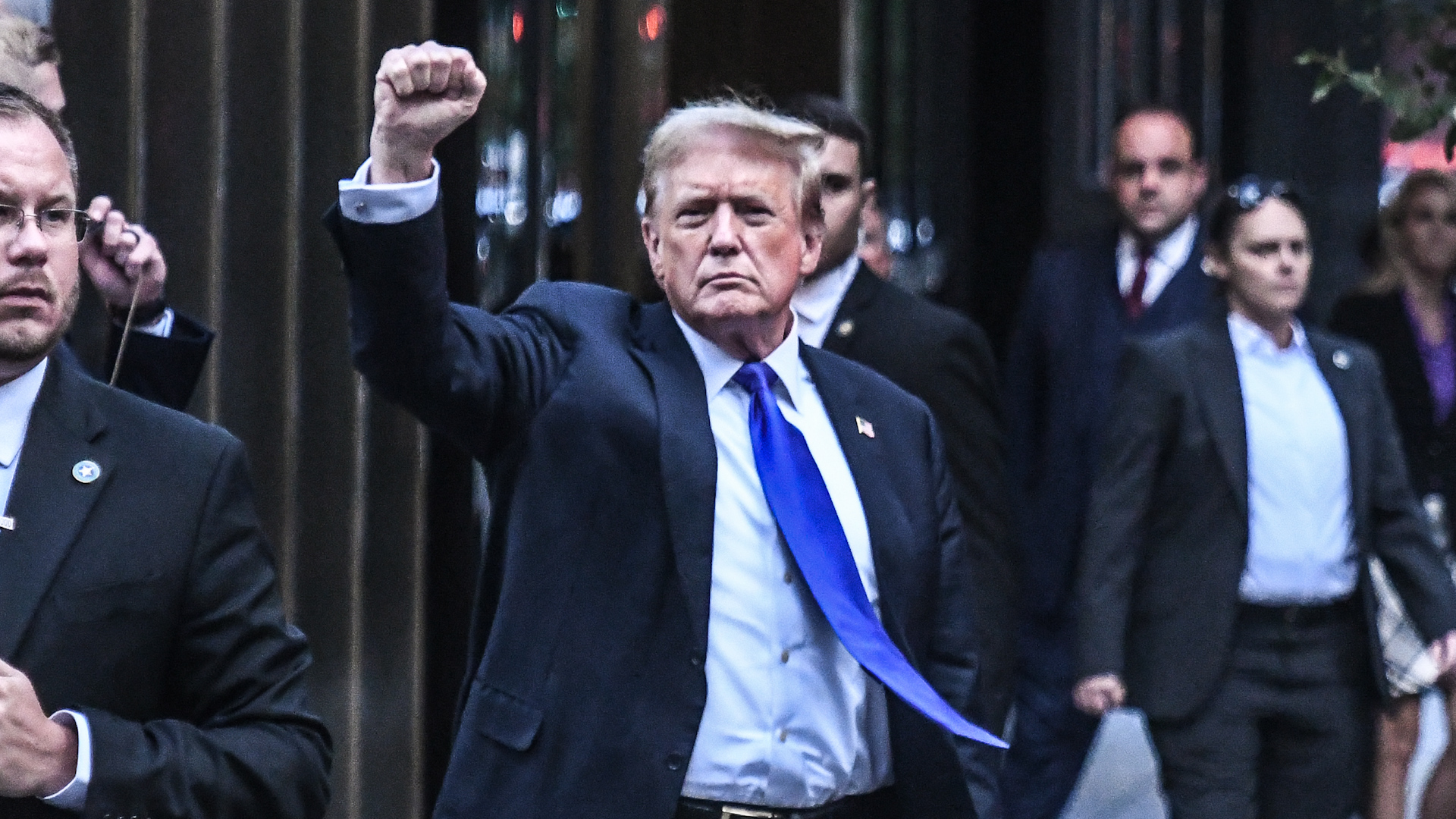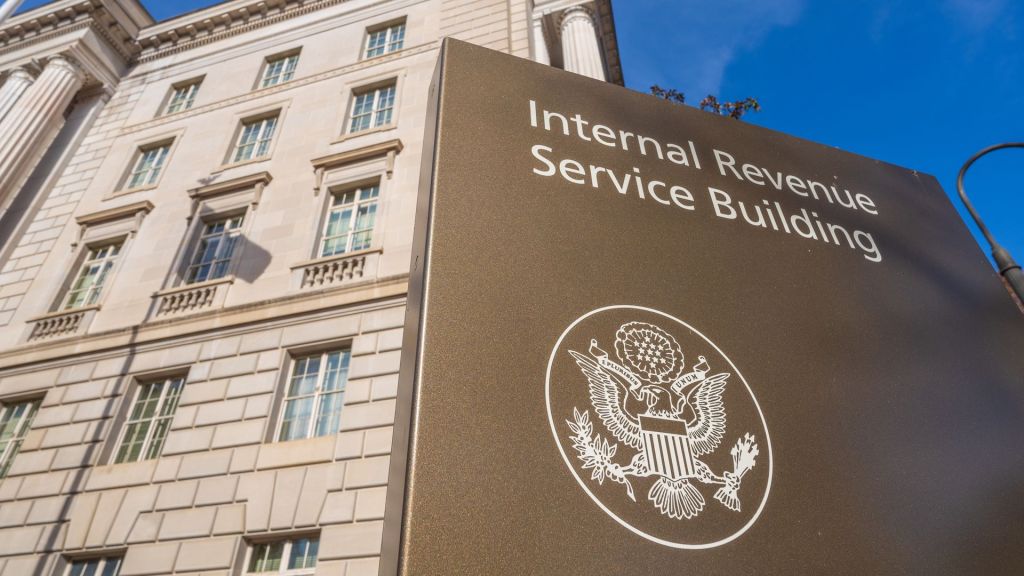
[KARAH RUCKER]
FOLLOWING THE GUILTY VERDICT IN DONALD TRUMP’S CRIMINAL TRIAL IN NEW YORK – THE QUESTION NOW IS WHAT HAPPENS NEXT?
SENTENCING IS CURRENTLY SET FOR JULY 11TH —
HOWEVER TRUMP IS LIKELY TO APPEAL THE CONVICTION – which he will have 30 days from his sentencing date to do so.
AS FOR THE SENTENCE ITSELF — TRUMP HAS BEEN FOUND GUILTY OF FALSIFYING BUSINESS RECORDS — A CLASS E FELONY IN NEW YORK – WHICH IS THE LOWEST TIER OF FELONY IN THE STATE.
A CRIME THAT COULD RESULT IN FOUR YEARS IN PRISON for each count – THOUGH IT IS RARE FOR SOMEONE WITH NO CRIMINAL HISTORY TO BE SENTENCED TO PRISON FOR THIS TYPE OF CRIME.
THE JUDGE COULD INSTEAD CHOOSE OTHER PUNISHMENTS INCLUDING A FINE, PROBATION OR HOUSE ARREST.
THE MANHATTAN DISTRICT ATTORNEY HAS NOT SAID IF HIS OFFICE WILL SEEK PRISON TIME.
THE JUDGE COULD ALLOW TRUMP TO NOT SERVE ANY PUNISHMENT UNTIL AFTER THE APPEAL PROCESS PLAYS OUT.
AND WHEN IT COMES TO NOVEMBER’S ELECTION – TRUMP **CAN STILL RUN FOR PRESIDENT.
LEGAL EXPERTS ARE IN AGREEMENT THAT THERE IS NOTHING IN THE U.S. CONSTITUTION THAT BARS SOMEONE CONVICTED OF A CRIME FROM RUNNING FOR THE PRESIDENCY.
[TAKE APP TEASE VO]
YOU CAN GET ALERTED TO OUR LATEST STORIES ON THE VERDICT BY DOWNLOADING THE STRAIGHT ARROW NEWS APP AND ENABLING NOTIFICATIONS.










